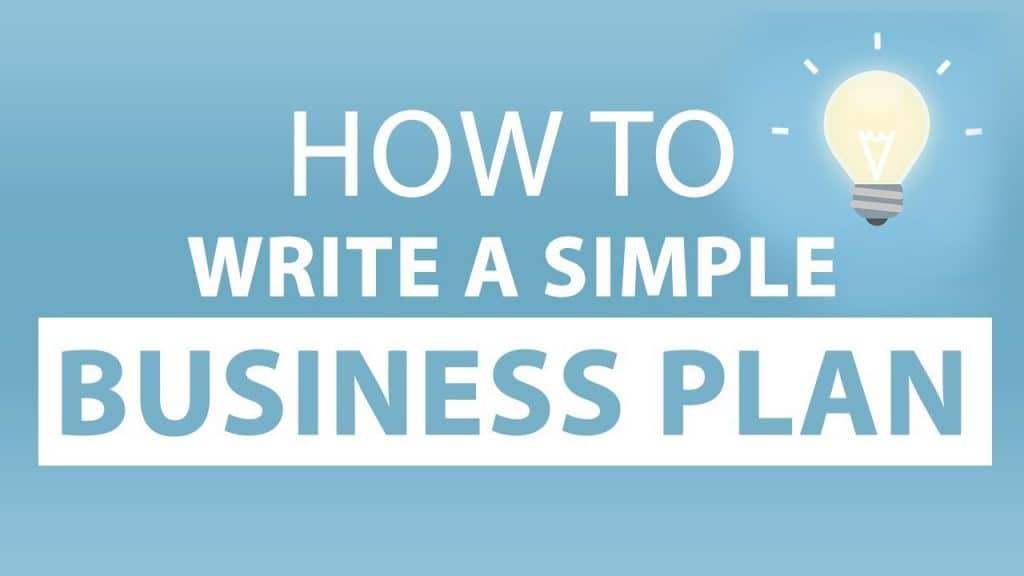Do you have a big project in mind? The stage is logically that of starting your own business. But it is better not to embark on this project lightly. To navigate your business on the road of success, it’s good to have a business plan. It is vital to make your business thrive. Because what do you want to do exactly, how are you finance this project and which partners do you need?
Purpose of business plan
Before creating a business plan for your business, you must understand the purpose of it. There are three main purposes:
1. Establish a business focus
The main purpose of a business plan is to provide you a roadmap for your future plans. It includes your ambitions and goals with comprehensive information to determine your business focus.
2. Secure funding
A good business plan will help to attract bankers, investors, and lenders. It allows the investors to investigate how you operate your business, and what is your revenue. Moreover, it also helps to know them how they’ll receive ROI.
3. Entice Executive
It is essential to add executive to your staff when your business flourish. A stellar business plan will help to attract a talented and experienced executive. Besides, it also helps whether it suits best for your company or not.
The usefulness of a business plan
With a properly established business plan, you will be able to assess your business’s viability as an independent entrepreneur. How realistic are your plans? What goals do you want to achieve as a freelance with your business?
But your business plan will also be useful after you start your business. It will guide you when you need to make important decisions and as a control document for yourself. It will allow you to check how you are doing, to see which goals you have achieved and which have not. Many entrepreneurs review their business plan at least once a year – and in many cases, they often adapt it to their current situation.
A business plan also helps you stay focused on what is important to your business. What are your goals? When opportunities arise, do they match those goals?
How to write a good business plan?
1. Executive Summary of your company
Clearly describe your idea and your project. What are the keys to your success? Clearly define your ambitions. Most of the folks prefer to write it in the last.
Your presentation is the perfect way to convince investors, much like a good blitz immediately.
2. Company Description
It consists of a short presentation of your company, yourself, your skills, etc. In other words: this is your CV as an entrepreneur. It provides a high-level overview of your business history, goals, legal structure, products, and services.
3. Strategy
How do you define your vision, your mission, and your strategy? In other words, what is the common thread of your business?
4. Market analysis
Describe the industry and market in which you will be doing business. Where are the challenges, and where are the opportunities? What possibilities do you see? What are the trends and developments in this sector or other related sectors?
5. Marketing plan
Write down in your marketing plan the services or products you plan to offer, to whom you will offer them and through which channels. These channels can be electronic as well as physical. For example, do you need a commercial building, or will you go for e-commerce? Also, state at what price you would do it and how you think you can pay for your marketing or advertising costs.
6. Financial aspect
It is not because we present this element last that it does not matter. On the contrary! A financial plan is a decisive part of your business plan. You describe the financial aspect of your business. How profitable is your business, and are your ideas financially feasible? Are there any aids you can use?
To attract investors, this financial plan will be an essential part of your negotiation with the bank. If you want to found a company, a financial plan is even mandatory.
What you should not do:
One thing to avoid is to provide a table showing the turnover, the multitude of costs, as well as a result. What we need to do is explain instead how we arrive at these numbers. Estimate your income and expenses in a prudent, detailed, and justified manner.

